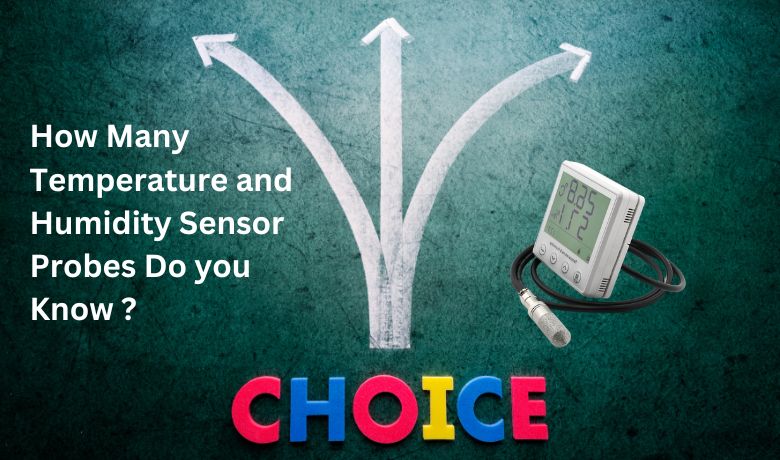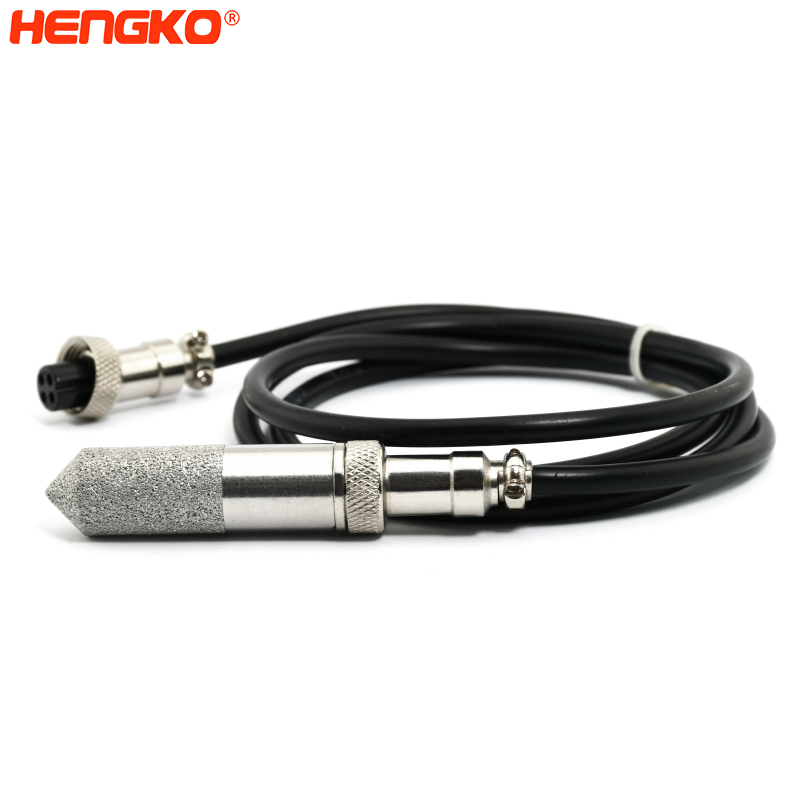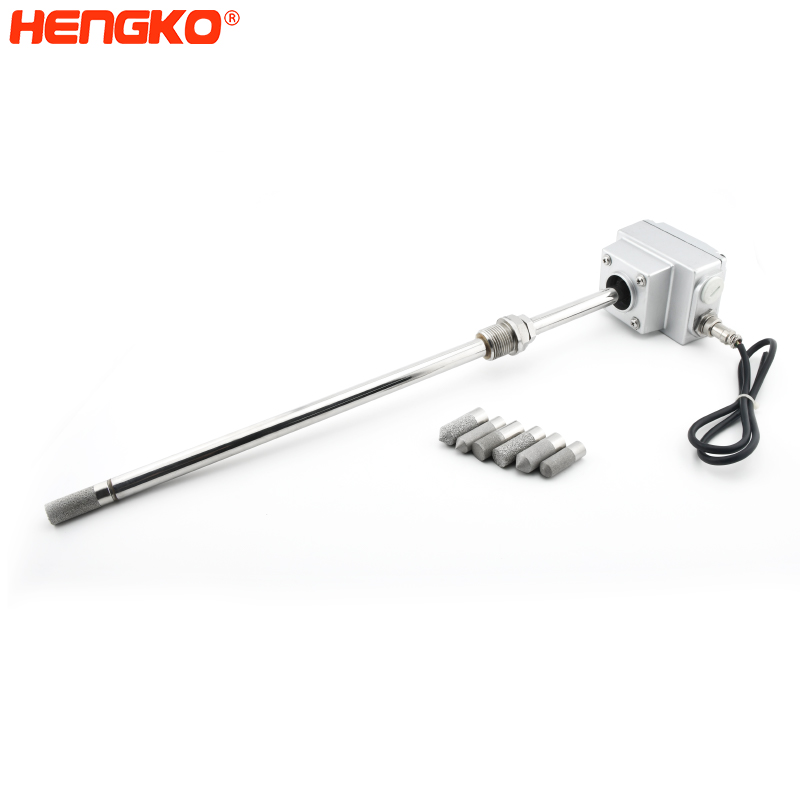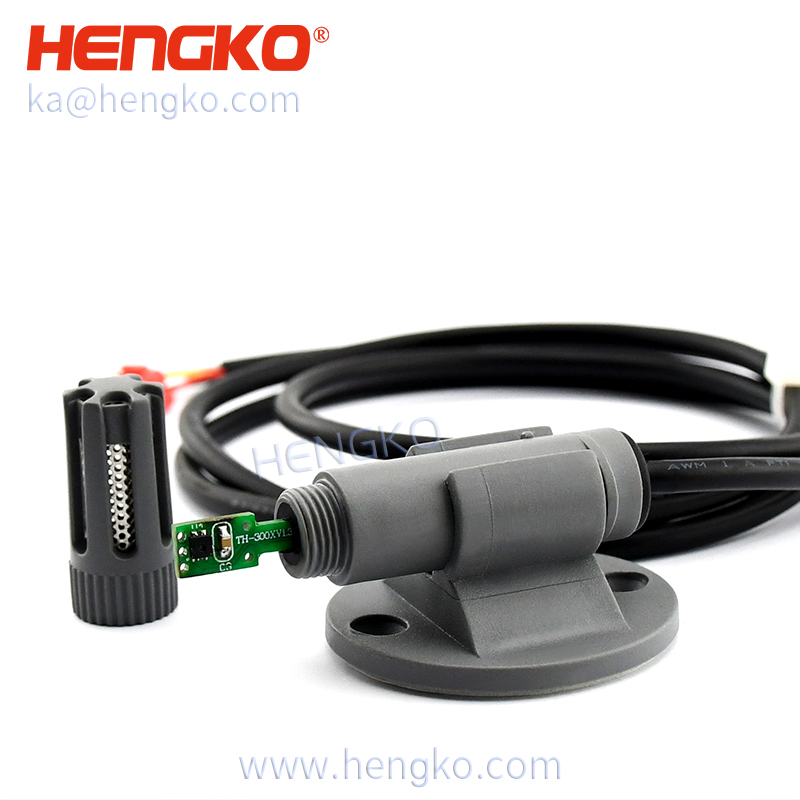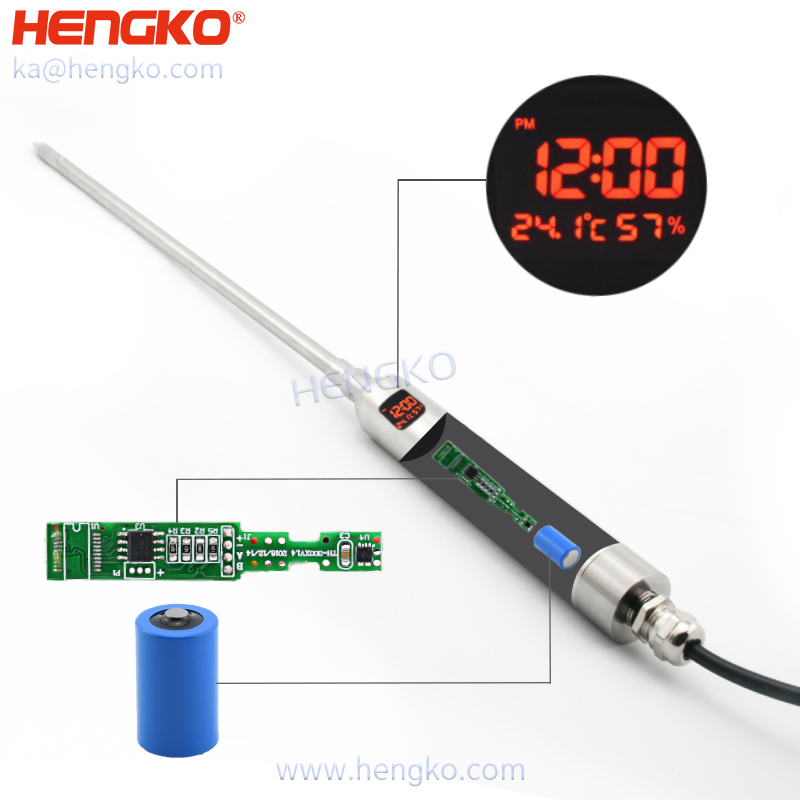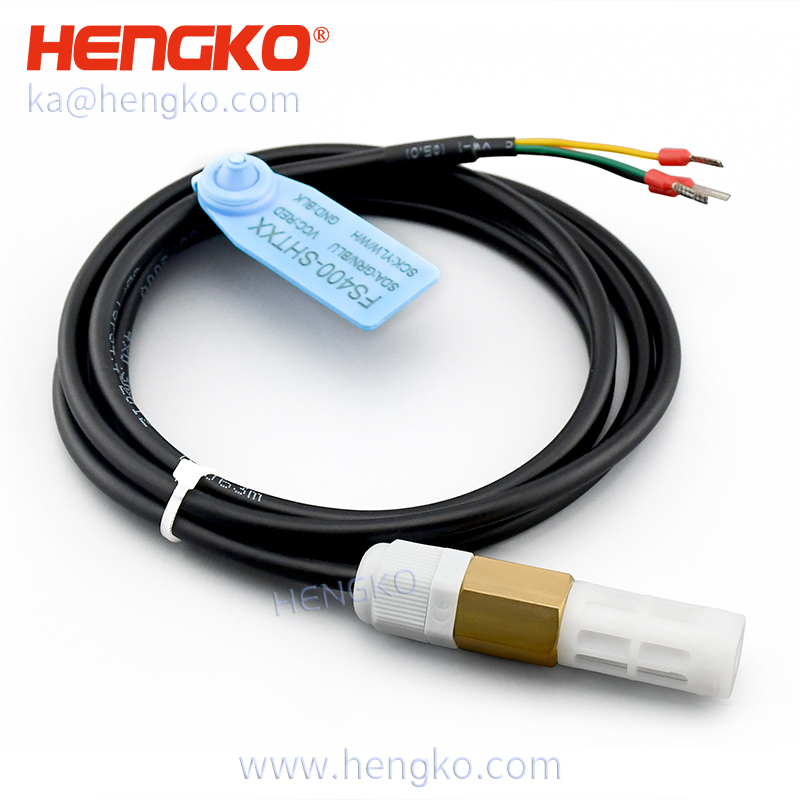How Many Temperature and Humidity Sensor Probes Do you Know ?
How Many Temperature and Humidity Sensor Probes Do You Know?
Temperature and humidity sensors are used to measure the temperature and humidity of the surrounding air. These sensors are used in a variety of applications, including HVAC systems, weather forecasting, and environmental monitoring.
There are many different types of temperature and humidity sensor probes available, each with its own advantages and disadvantages.
Some of the most common types of temperature and humidity sensor probes include:
1.Thermocouples: Thermocouples are the most common type of temperature sensor.
They are inexpensive and easy to use, but they are not as accurate as some other types of sensors.
2. Resistance Temperature Detectors (RTDs): RTDs are more accurate than thermocouples, but they are also more expensive.
RTDs are made of a material that changes its resistance with temperature.
3. Thermistors: Thermistors are the most accurate type of temperature sensor, but they are also the most expensive.
Thermistors are made of a material that changes its resistance with temperature in a non-linear way.
4. Capacitive sensors: Capacitive sensors measure the change in capacitance of a sensor element with temperature.
Capacitive sensors are not as accurate as some other types of sensors, but they are relatively inexpensive and easy to use.
5. Microwave sensors: Microwave sensors measure the change in microwave absorption of a sensor element with temperature.
Microwave sensors are very accurate, but they are also expensive and complex.
The type of temperature and humidity sensor probe that is best for a particular application will depend on the accuracy, cost, and complexity requirements of the application.
Choosing the Right Temperature and Humidity Sensor Probe
When choosing a temperature and humidity sensor probe, there are a few factors that you should consider:
1. Accuracy: How accurate do you need the measurements to be?
2. Cost: How much are you willing to spend on the sensor probe?
3. Complexity: How easy is the sensor probe to use and install?
Once you have considered these factors, you can narrow down your choices
and select the temperature and humidity sensor probe that is best for your needs.
Conclusion
Temperature and humidity sensor probes are an essential tool for a variety of applications. By understanding the different types of temperature and humidity sensor probes available, you can choose the right sensor probe for your needs.
The temperature is lower and lower after the Beginning of Winter. Many southerners are envious of the first snow in the north. People who live in the south or north will check the temperature and humidity situation.
Temperature and humidity are only the most common physical quantity in our daily life, but also the important measuring parameters in the agricultural and industrial processes. Therefore, the temperature and
humidity sensor also one of the most widely used sensors.
In order to better help you find an integrated probe suitable for your temperature and humidity sensor, temperature and humidity transmitter, etc.,
we have classified the temperature and humidity protection covers as follows, hoping to help you choose.
1. Stainless Steel Humidity Probe
Stainless steel humidity probe means the probe housing made of stainless steel, is weatherproof and will keep water from seeping into the body of the sensor and damaging it. Sensor chip is in the probe, when the measured liquid into the probe, it can protect the sensor from water damage, and the stainless steel material is corrosion-ressiItant.It is not easy to rust for temperature and humidity measurement of the liquid.
2. Magnetic Probe
Probe with magnetic, suitable for measuring the temperature of magnetic material object. Magnetic probe can be easily sucked on the object for easy measurement.
3. 1/2” Thread Probe
Humidity probe with standard 1/2” thread, suitable for measuring duct inner temperature. HENGKO this temperature and humidity sensor transmitter with Integrated transmission design, suitable for temperature and humidity measurement of HVAC indoor environment, duct and urban pipe gallery monitoring, etc.
4.Porous Metal Humidity Probe
Humidity Probe housing made of sintered bronze has the advantage of air permeability, high-temperature resistance and dustproof. Suitable for high dust and high reaction sensitivity situation. But compared with stainless steel housing, it has less rustproof heat-resistant and waterproof.
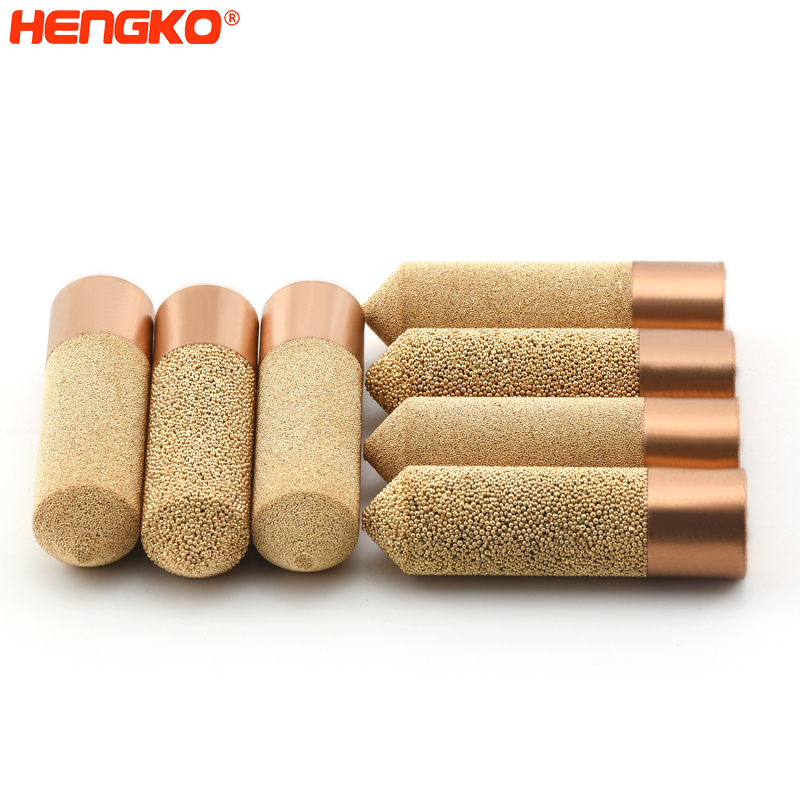
5.Ultra low temperature humidity probe
The measuring range is -100℃~200℃. Humidity probe adopts high sensitive measuring element, has an advantage of high measuring accuracy and anti-interference ability. It is widely used to measure the ambient temperature of ultra-low temperature refrigerator and freezer.
6.Ultra high Temperature Probe
The measuring range is 0℃~300℃. Probe adopts high sensitive measuring element, has an advantage of high measuring accuracy and anti-interference ability. It is widely used in the measurement of ambient temperature in ovens, tobacco, and steel heat treatment.
7.Hardcover Relative Humidity Probe
The hardcover temperature humidity probe is designed with a hollowed-out casing, which can prevent the internal sensor from knocking against, and improve the reaction sensitivity greatly. But this probe without waterproof and dustproof, please don’t use this probe if your application is in a dusty, dusty environment.
8.Handheld Humidity Probe
Due to the special of the measuring objects. The humidity probe needs to be inserted into stacked items such as sawdust bins and grain stacks to measure temperature and humidity. A longer temperature and humidity probe is required. You can choose the pointed or flat housing with the chip.
8.Waterproof Temp Humidity Probe
The waterproof head material is made of polymer PE material sintered filter core, which can waterproof, filter dust, and buffer the high-speed flowing gas. It is suitable for outdoor rain, high humidity agricultural greenhouses and other environments.
10.Others
We have a team of professional engineers with independent research and development capabilities. Different new temperature and humidity products will be launched every year, customized temperature and humidity probe products also available as your requested, Welcome to contact us for more details.
Confused about which temperature and humidity sensor probes to choose? Contact HENKO for help!
Our experts can help you understand the different types of sensors available and choose the right one for your application.
We'll also work with you to ensure that your sensors are properly installed and calibrated.
Contact HENKO today to get started!
